
U.S. Officials Pledge Support to Myanmar Opposition in Virtual Meeting
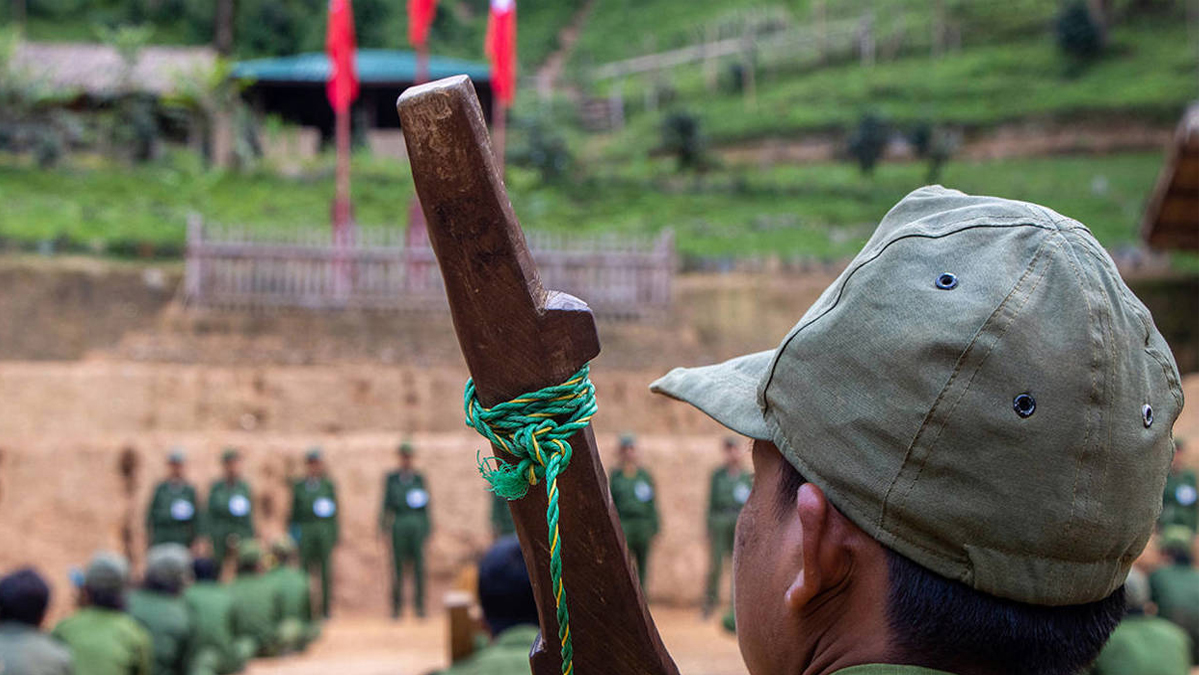
U.S. officials met virtually with members of Myanmar’s opposition movement on Friday, pledging to expand direct support to aid the country’s transition to a civilian government. The meeting, led by State Department Counselor Tom Sullivan and USAID Assistant Administrator Michael Schiffer, also emphasized the importance of maintaining pressure on the military junta that seized power in a 2021 coup.
The discussions involved key figures from Myanmar’s pro-democracy National Unity Government (NUG), the National Unity Consultative Council, and prominent resistance organizations, including the Karen National Union, Karenni National Progressive Party, and the Chin National Front. The U.S. delegation and Myanmar opposition groups underscored the need to continue international efforts to pressure the military regime to change course.
The U.S. statement highlighted Washington’s commitment to expanding direct support and assistance to pro-democracy actors in Myanmar. This includes efforts to build cohesion among opposition groups, improve their ability to provide essential public services, and deliver humanitarian aid to those in need.
The meeting came shortly after China’s foreign minister, Wang Yi, urged neighboring countries to support Myanmar’s peace and reconciliation process during talks with counterparts from Laos, Myanmar, and Thailand. China’s involvement signals its continued backing of the military junta, which has been facing increasing resistance and losing ground since the coup.
Wang Yi described the situation in Myanmar as “worrying” and suggested that regional cooperation is essential to create the economic and social conditions necessary to prevent further conflict. He also reiterated China’s support for a democratic transition in Myanmar, in line with a regional plan to resolve the ongoing crisis.
The U.S. and Myanmar opposition groups agreed to collaborate with the international community, including the United Nations and the Association of Southeast Asian Nations (ASEAN), to bring an end to the crisis and promote a peaceful transition to civilian rule.


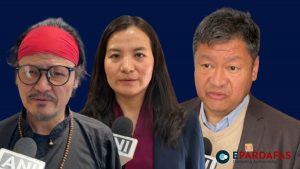

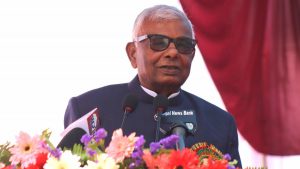
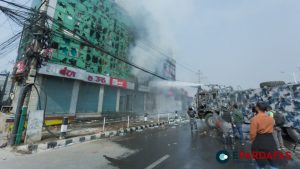


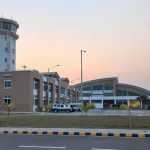


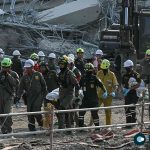
Comments